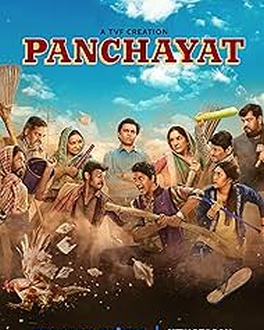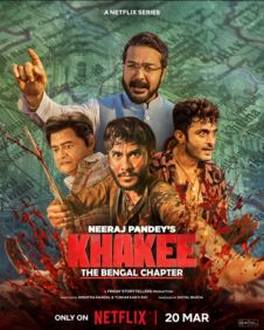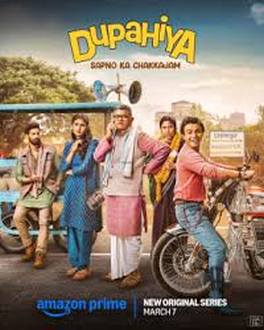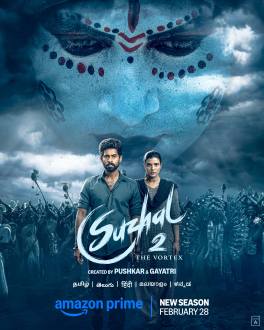The existence of money is essential. In Farzi, which is set in post-demonetization India, it starts a spiral that pits the protagonist—a very talented but struggling artist—against the law and a kingpin of the underworld. He prints his own money in an effort to throw a wrench into a system that is controlled by the wealthy and powerful. The ensuing war of attrition serves as the backbone of a superbly written and performed television series.
The eight-episode show that Raj and DK created, produced, directed, and co-wrote features an anti-hero who symbolizes the section of Indian society that is oppressed by debt and repayment obligations. As an act of defiance, he turns to crime. Every episode clocks in at around an hour and is written by the directing team of Sita R. Menon and Suman Kumar. However, the evenly paced series maintains its momentum within the individual chapters and across all eight of its parts because of a compelling plot.
The Amazon Prime Video show Farzi doesn’t string together action scenes and shootouts for the sake of creating a visceral effect. A study of the nature of need and the dynamics of greed are incorporated into the story, and it is set against a background of relationships and emotions that are constantly changing.
Farzi weaves together a number of real, believable threads in a story that is both thrilling and thought-provoking, including a bromance between two orphans who grew up together, a grandfather-grandson relationship drama, a tale of a failing marriage, a tale of a police officer seeking redemption, and a portrayal of a committed young professional finding her way.
AD.
In his first role for a streaming service, Shahid Kapoor plays Sunny, a talented street artist who creates imitations of famous artists like Vincent van Gogh and produces five-minute portraits for pennies on the dollar. He thinks he merits better.
Additionally, he is employed by his grandfather’s anti-establishment publication, Kranti. The older man, who Amol Palekar portrays superbly, has run-ins with the local authorities because of his outspoken political views. In stark contrast to the mutinous grandson is the experienced rebel. The latter is unconcerned. His opposition is unethical and illegal.
Sunny’s impatience and stubbornness put him in the sights of an anti-counterfeiting unit headed by a tough but troubled cop, a criminal organization run by a ruthless gangster who smuggles fake Indian currency into the country, and a bright young security printing expert determined to do her part in the country’s fight against financial terrorism.
Sunny is driven into a life of crime by necessity. The publishing industry has accrued significant debt and is in danger of going out of business. The hero comes to the conclusion that waiting for money to fall into his lap is not an option. As a result, he creates his own fake currency with the aid of his childhood friend Firoz (Bhuvan Arora) and saves the magazine.
Sunny’s appetite is whetted by that one audacious crime, which is a revolt against a system that aids the rich in their pursuit of wealth and drives the poor deeper and deeper into poverty. As his counterfeiting business expands, he seeks the assistance of Yasir, the affable grandpa’s manager (Chittaranjan Giri).
 If its on OTT, Raven is always ready to binge on it and give his personal feedback regarding how good or bad is the show. Luckily we have saved lots of hours and trauma due to his strong and harsh feedback feedback.
If its on OTT, Raven is always ready to binge on it and give his personal feedback regarding how good or bad is the show. Luckily we have saved lots of hours and trauma due to his strong and harsh feedback feedback.





 2025 Year Roundup OTT Indian Web Series
2025 Year Roundup OTT Indian Web Series 2025 Year Roundup Movies
2025 Year Roundup Movies On the Terrace with Sharma Ji
On the Terrace with Sharma Ji Jolly LLB 3 (2025)
Jolly LLB 3 (2025) Manoj Kumar (1973 – 2025)
Manoj Kumar (1973 – 2025)
Leave a Reply